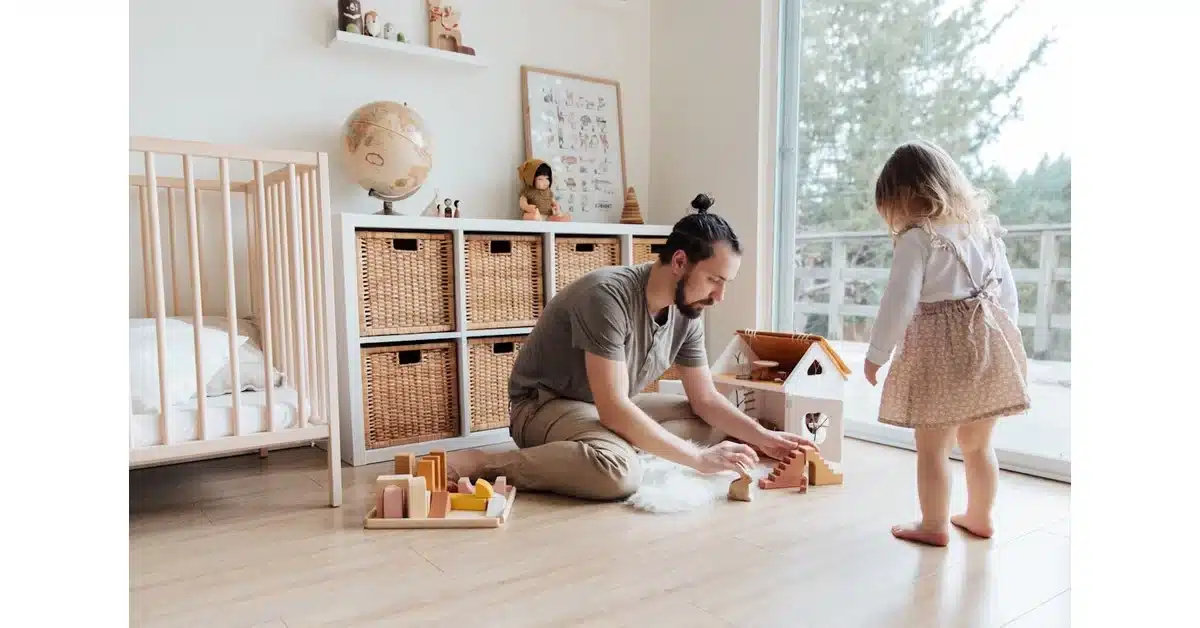Separations and divorce are tough, there’s nothing good in this world that can sugarcoat that. And when children are involved, things get even more complex. One of the most common legal issues is determining the arrangements for children after separation such as child custody and child support; this is where parenting orders come into play.
If you’re a parent in Queensland facing this situation or even just curious about what parenting orders entail, you’re in the right place. Let’s break down this often confusing topic into plain English so you can feel informed and empowered.
What exactly are parenting orders, and how do they differ from parenting plans?
Both parenting orders and parenting plans outline the arrangements for children after parents separate. However, there are key differences between the two:
Parenting Plans:
- Informal agreement: Parenting plans are voluntary, written agreements between parents about the care of their children.
- Not legally enforceable: While they provide a framework, breaching a parenting plan doesn’t have direct legal consequences.
- Flexible: They can be easily changed or updated if both parents agree.
- Less formal and cost-effective: Parenting plans can be created without legal assistance and don’t require court involvement.
Parenting Orders:
- Court orders: Parenting orders are legally binding decisions made by a court about the care of children.
- Legally enforceable: Breaching a parenting order can result in penalties or other legal consequences.
- Formal and binding: They provide a more structured and enforceable arrangement.
- Less flexible: Changing a parenting order usually requires going back to court and demonstrating a significant change in circumstances.
- More formal and potentially costly: Obtaining parenting orders typically involve legal processes and court appearances.
Key differences summarised:
| Feature | Parenting Plan | Parenting Order |
| Legally binding | No | Yes |
| Enforceable | No | Yes |
| Flexibility | High | Low |
| Formality | Low | High |
| Cost | Low | Potentially higher |
| Court involvement | Not required | Required (unless by consent) |
Who can apply for parenting orders in Queensland?
In Queensland, the following people can apply for parenting orders:
- Parents: This includes biological parents, adoptive parents, and legal guardians.
- Grandparents: Grandparents can apply for orders if they are concerned about the child’s well-being or a pre-existing relationship with the child.
- Other people concerned with the child’s welfare: This could include other relatives, step-parents, or even unrelated individuals who have a close relationship with the child and a genuine concern for their welfare.
Also read: How to Get Sole Custody of Your Child in Australia
What factors does the court consider when making parenting orders?
When making parenting orders, the court’s primary focus is the child’s best interests. To determine this, they consider various factors outlined in the Family Law Act 1975 (Cth). These factors include:
Primary Considerations:
- The advantage for the child in maintaining a meaningful relationship with both parents.: The court prioritises ensuring children have a strong and meaningful relationship with both parents, unless there are risks of harm or abuse.
- The necessity of safeguarding the child from physical or psychological harm arising from exposure to abuse, neglect, or family violence: The court gives the highest priority to protecting the child’s safety and well-being, and this factor outweighs the need for a meaningful relationship with both parents if there are concerns about abuse or harm.
Additional Considerations:
- What the child wants or wishes for: The court considers the child’s wishes, taking into account their age and maturity level.
- The characteristics of the child’s relationship with each parent and other important individuals: This includes the child’s relationship with grandparents, other relatives, and any other person who plays a significant role in their life.
- Each parent’s readiness and capability to foster and support a close and ongoing relationship between the child and the other parent: This assesses how supportive each parent is of the child’s relationship with the other parent.
- Impact of Changes in the Child’s Circumstances: The court evaluates the potential effects on the child from any alterations in their living or care arrangements, including how separation from either parent might affect them.
- Logistics of Parent-Child Interaction: The court considers practical issues like the distance and costs involved in the child spending time with and communicating with a parent.
- Parental Capacity to Meet Child’s Needs: This factor assesses each parent’s ability to fulfil the child’s emotional, developmental, and educational needs.
- Consideration of Child and Parental Characteristics: The court examines the maturity, sex, lifestyle, and background of the child and each parent, including culture and traditions.
- Cultural Rights of Indigenous Children: If the child is an Aboriginal or Torres Strait Islander, the court ensures the child’s right to enjoy and maintain a connection with their indigenous culture and community.
- Exposure to Family Violence: The court prioritizes the child’s safety and well-being, particularly concerning any family violence involving the child or a family member.
- Additional Relevant Factors: The court is also open to considering any other facts or circumstances deemed relevant to the case, even those not specifically listed in the legislation.
This is a comprehensive list, but not exhaustive. The court may consider other factors depending on the specific circumstances of the case. It’s important to remember that each case is unique, and the court will make decisions based on what it believes is in the best interests of the individual child involved.
Also read: Equal Shared Parental Responsibility
How long does it take to get parenting orders in Queensland?
It’s difficult to provide an exact timeframe, but here’s a rough estimate based on different scenarios:
- Consent Orders: 2-4 months after filing, if the paperwork is complete and correct.
- Interim Orders: 1-3 months from the time of application, depending on the urgency and court schedules.
- Final Orders (Contested): 6-12 months or longer, depending on the complexity of the case and court availability.
Can parenting orders be changed once they are made?
Yes, parenting orders can be changed once they are made, but it’s not a simple process. In Queensland (and Australia-wide), changing parenting orders requires demonstrating a significant change in circumstances since the original orders were made.
Need a Lawyer?
What happens if a parent doesn’t follow parenting orders?
If a parent doesn’t follow parenting orders in Queensland, there are several potential consequences, as these orders are legally binding:
Contravention Application
The other parent can file a Contravention Application with the Federal Circuit and Family Court of Australia. This application asks the court to enforce the existing order and address the non-compliance.
Possible Court Orders
If the court finds that a parent has breached the parenting orders without a reasonable excuse, it can make various orders, including:
- Make-up Time: The court may order the breaching parent to provide additional time with the child to compensate for the missed time.
- Change of Orders: In some cases, the court may vary the original orders to ensure the child’s best interests are protected.
- Penalties: The court can impose penalties on the breaching parent, such as fines or even imprisonment in extreme cases of repeated or serious breaches.
- Other Orders: The court may also order the breaching parent to attend parenting programs, counselling, or other relevant courses.
Also read: Family Court Orders QLD
Discover Your Rights and Responsibilities
Looking to understand your parental rights and obligations after a separation? Contact our experienced family lawyers at Walker Pender today for a comprehensive consultation to help you navigate this challenging phase with confidence.
Don’t navigate this journey alone. Click here to get in touch with our team and start building a stable, supportive environment for your children. Secure your peace of mind with expert advice from Walker Pender.




